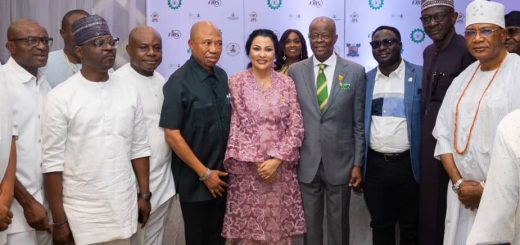June 12 Protest: Concerns And Reactions From The Igbo Community
by Beady Nnanna · Published · Updated
On June 12, 2025, nationwide protests are scheduled to take place across 20 states in Nigeria, marking a significant moment of civic action and voice for many Nigerians. However, the Igbo community has expressed clear reluctance to participate in this protest, citing decades of marginalisation and discrimination by successive governments.
The Ohaneze Ndigbo, a prominent cultural and socio-political organisation representing Igbo interests, has issued a statement declaring that Igbo people will not be joining the protest. Their reason stems from a deep-seated mistrust of current government policies, particularly under the administration of President Bola Tinubu and the ruling APC. They believe that the government, especially given its history with Igbo people, harbours animosity towards them, often treating Igbo citizens as second-class Nigerians.
Many Igbo feel that during protests in the past, their community has been unfairly targeted. They have experienced their businesses, shops, homes, and properties being destroyed under the guise of protests or civil unrest. Moreover, Igbo individuals have been disproportionately arrested and detained—often without just cause—while individuals from other regions are freed.
The insecurity and injustice faced by Igbo detainees, including those from Obigbo who have been incarcerated since the End SARS protests of 2020, further fuel their distrust and the continued detention of Nnamdi Kanu, even when two different courts have declared him eligible for release. Nonetheless, the Nigerian government has refused to release him. Nigeria can remember one man, M.K.O. Abiola, for the annulment of an election, but it will not mourn or remember May 30, 1967— the date of the genocide against Ndi Igbo, when over 3.5 million Igbos were killed by Nigerians. During that period, Awolowo starved Igbo children and women, an act that left an indelible mark, fostering deep-seated resentment and prompting many Igbo people in the coastal regions to question their heritage. The atrocities committed during this period were unimaginable, causing irreparable harm and pain. Yet, the Nigerian government continued to inflict more pain on Igbos.Yet you exoect them to join a protest that they will still blame them.
There is a growing concern that the government perceives Igbo protests as a threat and thus responds with repression, injustice, and violence. Many believe that in such protests, Igbo communities are often made sacrificial lambs—targeted unjustly, while others are left unscathed. The perception is that Igbo lives and livelihoods are undervalued, especially when state actions seem to discriminate against them.
Adding to this distrust is the political atmosphere. The current administration, led by Bola Tinubu, has been perceived as exhibiting anti-Igbo sentiments, bordering on outright hostility. Many suspect that the protest, initially called to demand good governance, may turn into another platform where Igbo interests are neglected or suppressed.
Interestingly, Nigeria appears divided over these issues. While some Nigerians are rallying against what they call “bad governance,” others support the current government’s hardline approach, exemplified by pro-government protests that praise Tinubu’s leadership amid widespread hardship. Did you see reasons why Igbos should not venture into the street, because they will label them anti-Tinubu Government?
In light of these realities, the Igbo community’s stance is one of cautious refusal. They choose not to participate in the June 12 protests, wary of being further marginalised or targeted. As they demand justice, fairness, and respect, it’s clear that their trust must be rebuilt before they can feel confident joining national protests again.



